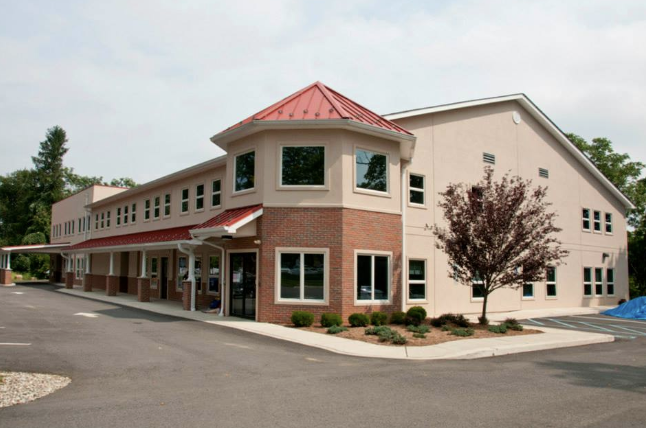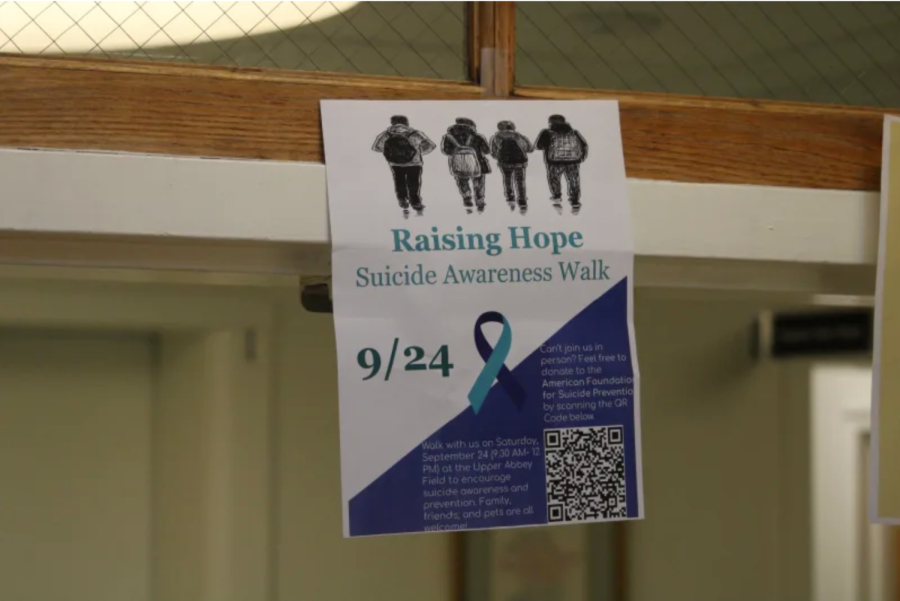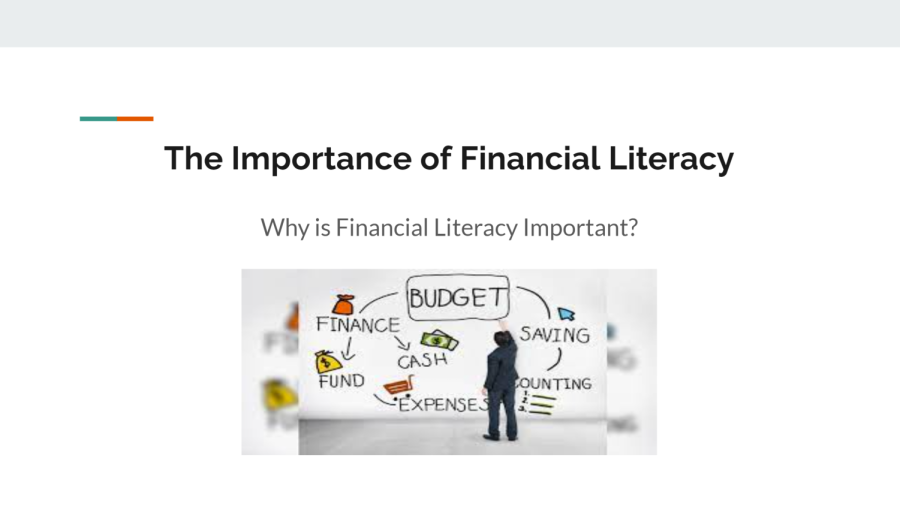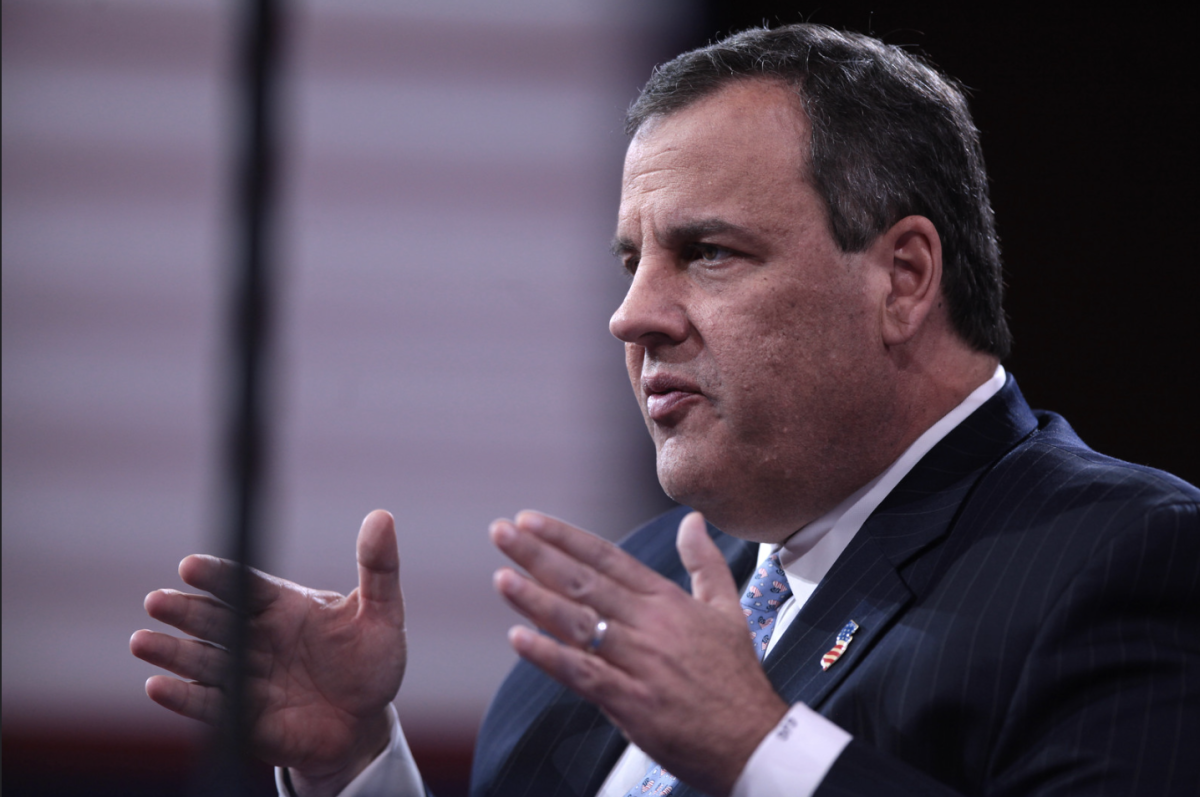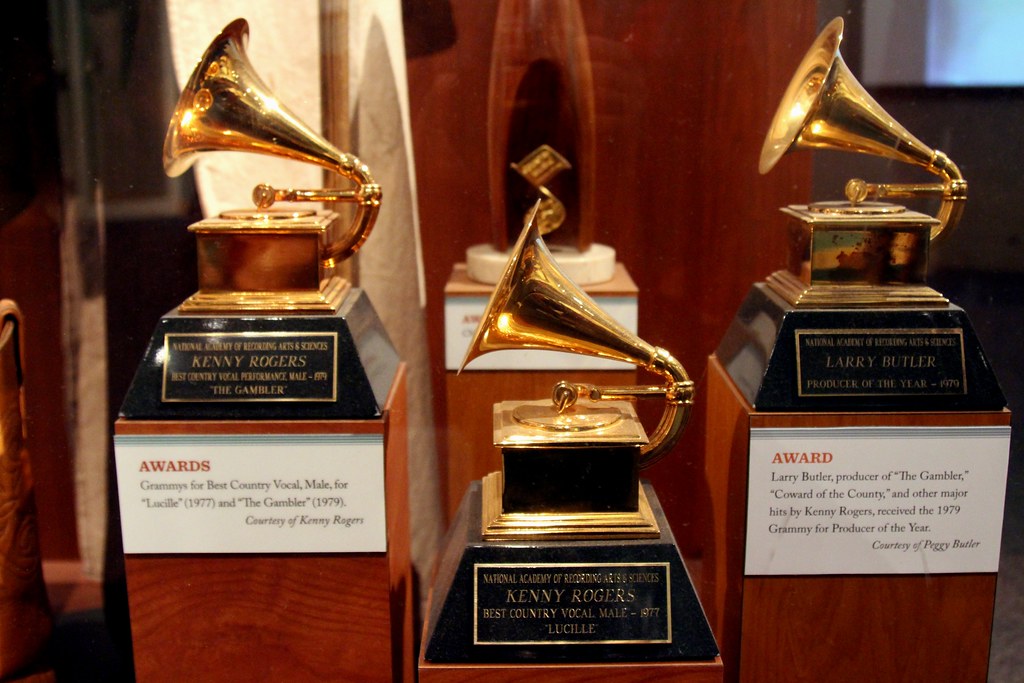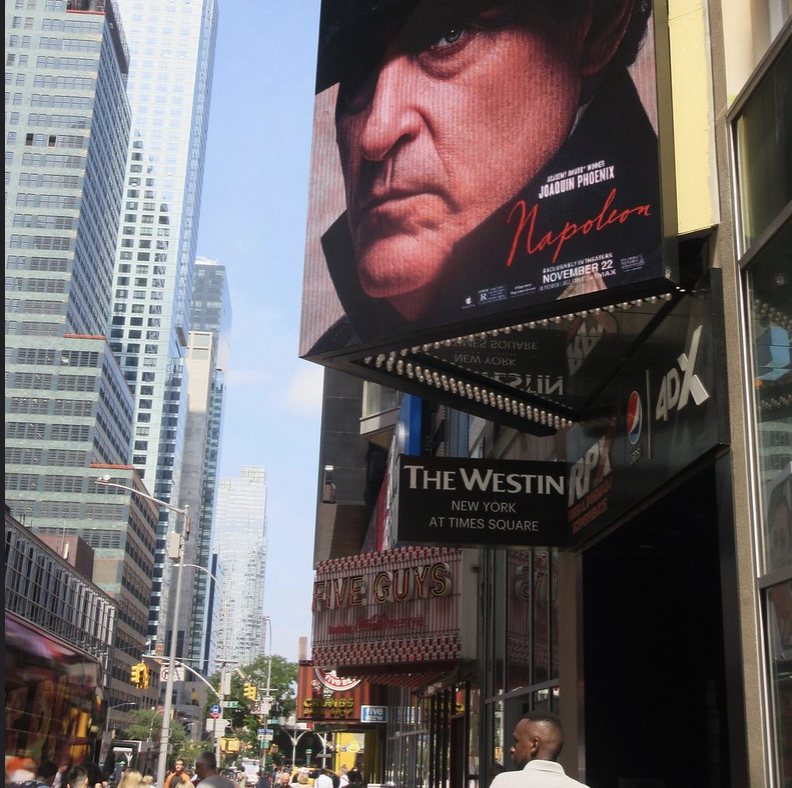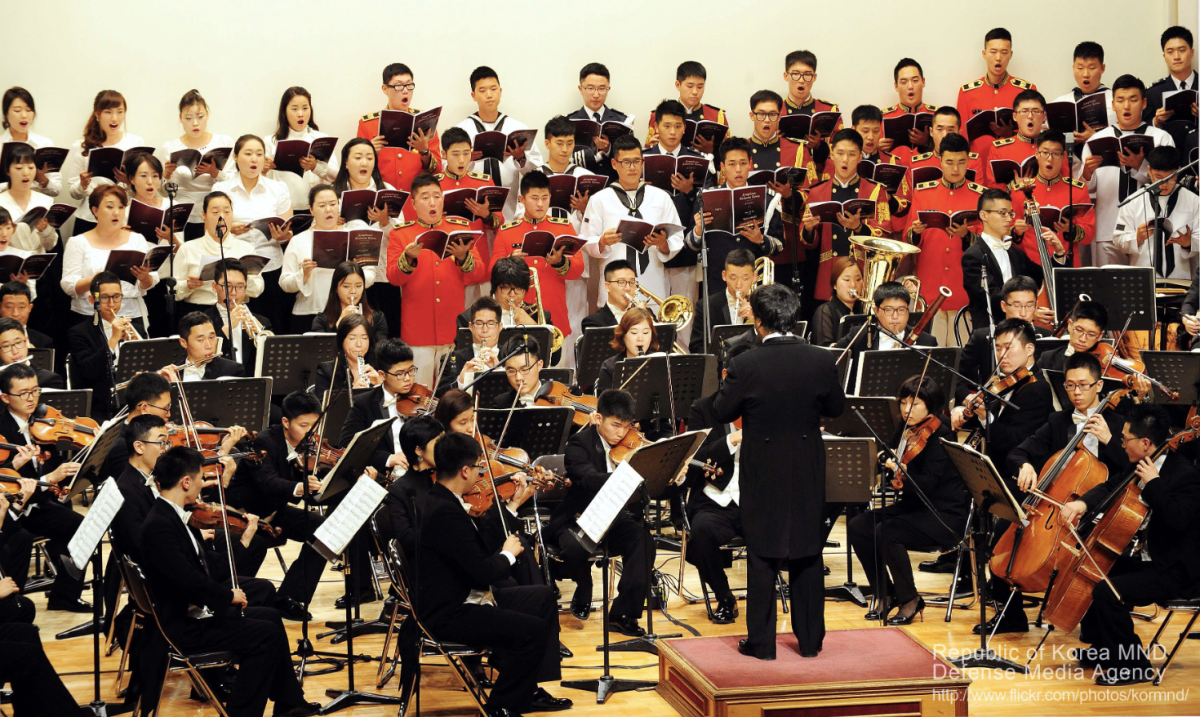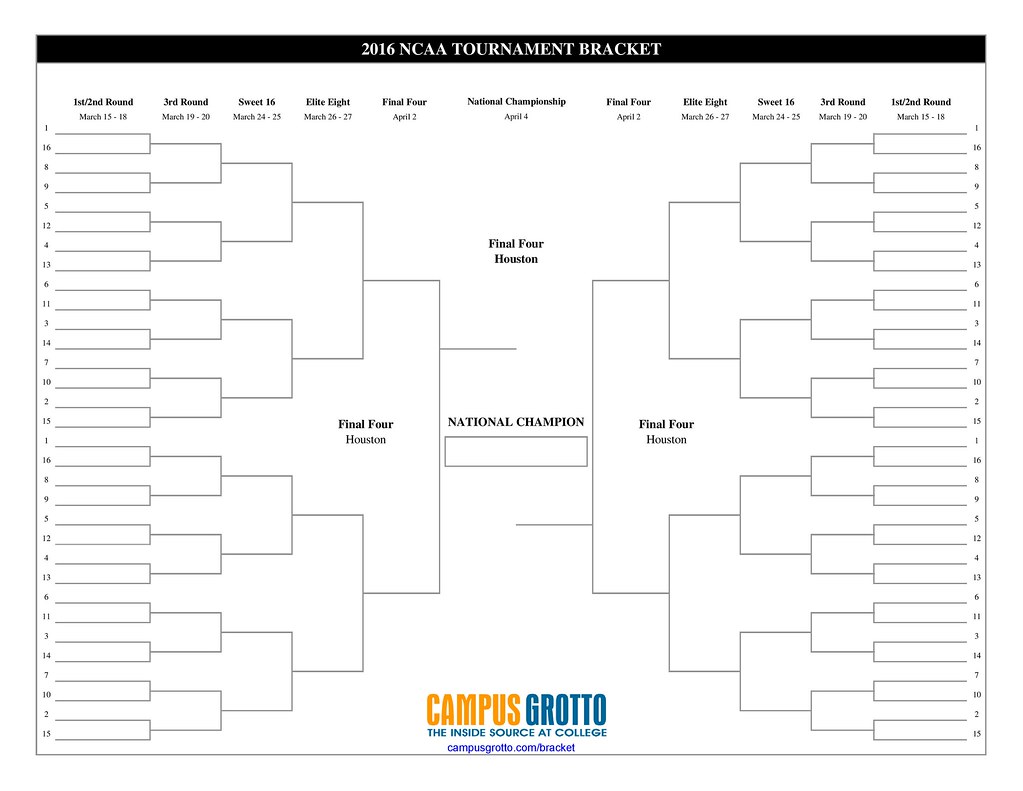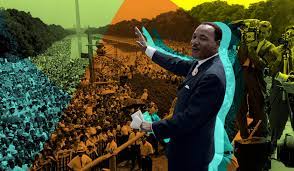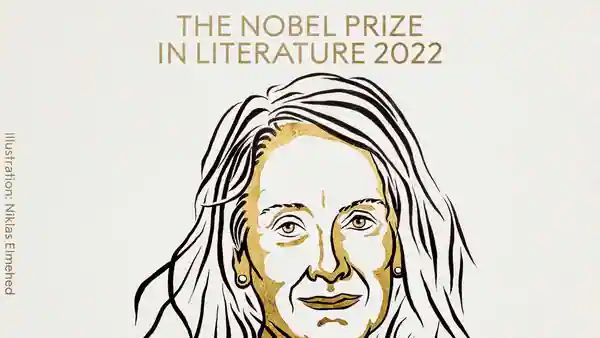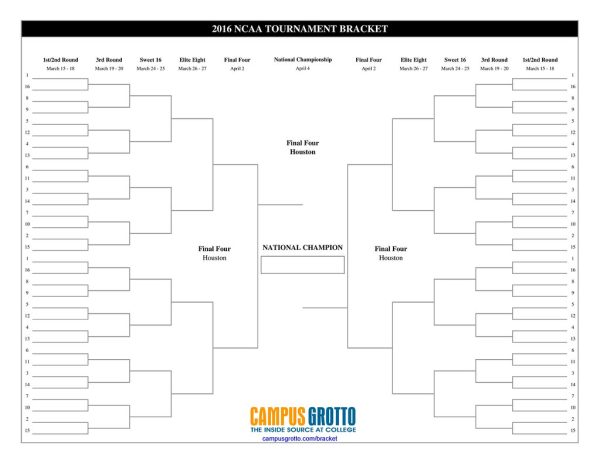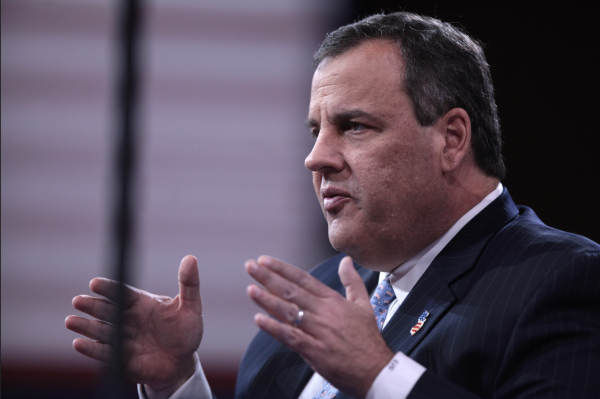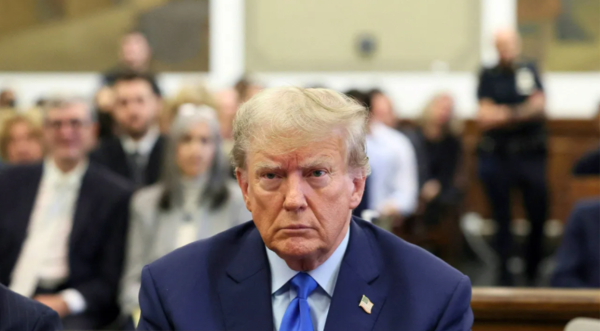A Cuban Quandary
April 21, 2016
After more than fifty years since President John F. Kennedy sanctioned a full economic embargo on Communist Cuba in 1961, diplomatic relations between the United States and Cuba seem to have taken a new turn towards a brighter future in the relationship between the two countries. On March 16th, 2016, President Obama made a trip to the island’s capital, Havana, as the first United States president to visit Cuba in over half a century. Since coming to office in 2008, Obama has had a clear plan for re-strengthening ties between the United States and Cuba, and in 2014 a formal agreement was made between the two nations on structuring a new relationship for the future. Two years later, Obama has made a formal diplomatic trip to Cuba to further alleviate the strict embargo placed upon Cuba by the United States.
There is still a long way to go, however. In 2015, nearly 8,600 Cuban political activists were arrested, and there have been close 5.2 million dollars in fines for companies violating the embargo. With the Cold War long gone, it seems foolish that the government would go to such measures to make sure the embargo would be enforced. Regardless, in 2003 George W. Bush added more restrictions to the embargo, indicating that the United States has had split views on how to deal with Cuba in its current political position. One side believes that the embargo is outdated and that its use in blocking the Soviet Union’s economic and militaristic exploits in Cuba is long gone. Others say the embargo has taken on a new, useful function as a way for Cuba’s communist government to give in to the ideals of democracy and freedom of speech. Essentially, the idea would be for the economic sanctions to hurt Cuba until they give in to the United States’ ideal political structure.
The one thing both sides in the United States can agree on, however, is that it is crucial that Cuba recognizes freedom in the near future. President Bush’s new program in 2003, the Commission for Assistance to a New Cuba, while not formally acknowledged by President Obama, still holds value. Regardless, Obama clearly acknowledged Cuba’s refusal to change its communist political structure, saying, “We will not impose our political or economic system on you. We recognize that every country, every people must chart its own course and shape its own model.” Obama also included that he had called upon Congress to lift the embargo, but with Congress controlled by Republicans at the moment, it is unlikely that a completely free economic relationship with strictly communist Cuba under the Castro regime would be possible. Regardless, it is evident that Cuba and the United States have actually begun in some ways a movement towards a relationship. American tourism to Cuba increased by about 1.6 times in 2015 since 2014. Additionally, Cuban heritage has taken the front stage even in U.S. politics, with two Republican presidential candidates, Marco Rubio (who has now pulled out) and Ted Cruz both embracing their families’ Cuban beginnings.
Foreign relations between Cuba and the United States are looking up. Still, the new relationship comes with great caution, as many in the United States are quick to point to the fact that a relationship with a communist nation and former-Soviet sympathizer would not be in America’s best interest. Nonetheless, it is certain that Obama’s visit to Cuba has created overwhelming optimism for diplomacy between the two countries.







